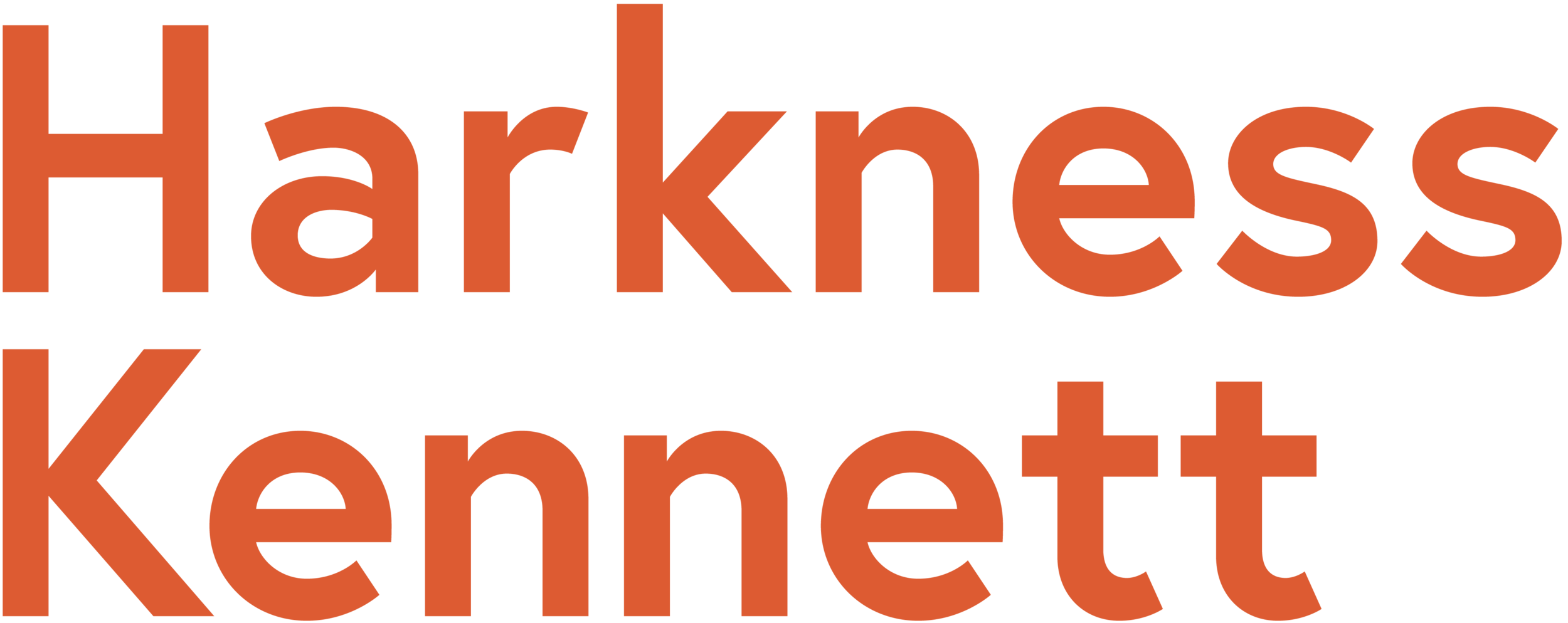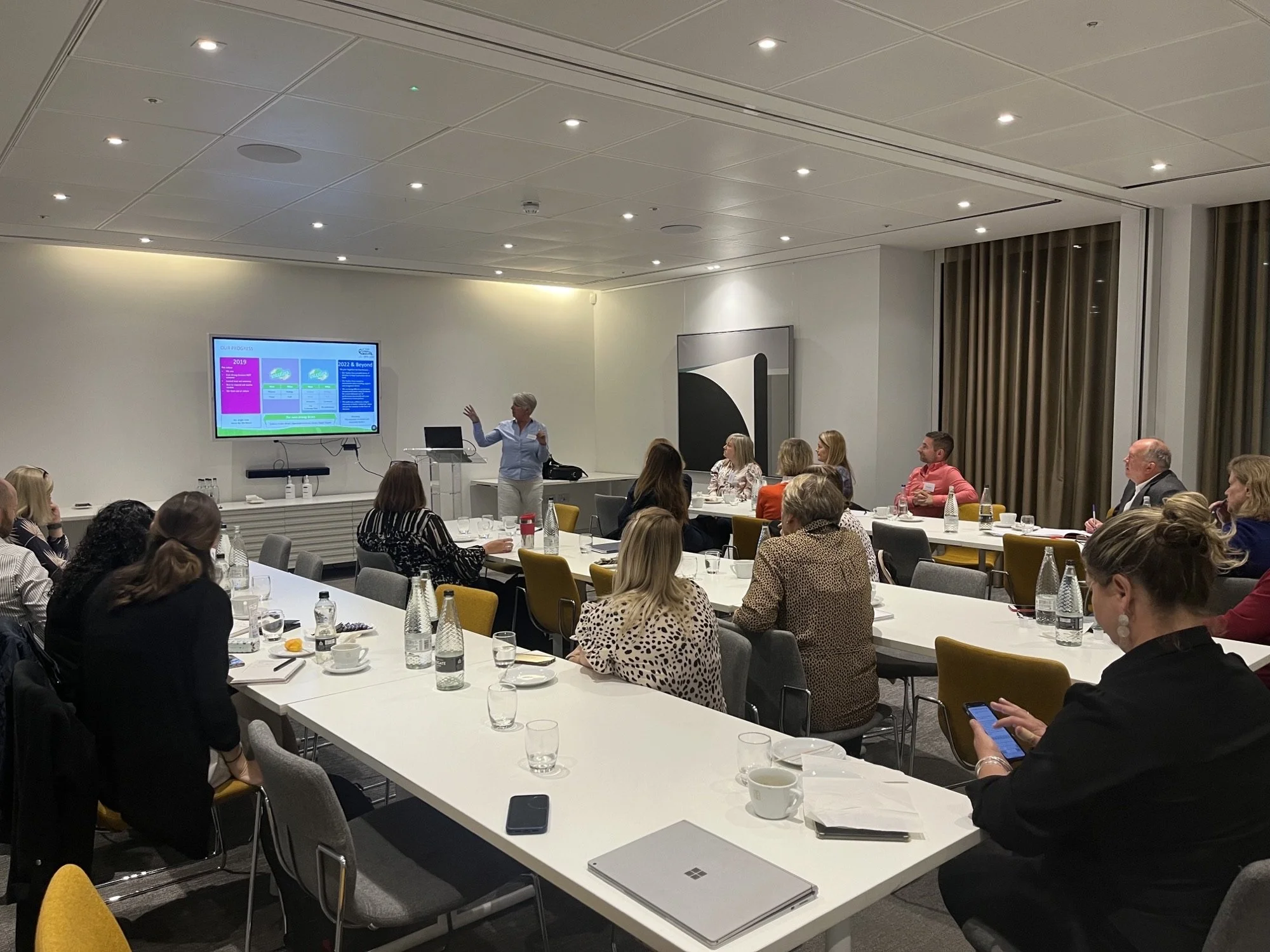An endangered species?...
A month or so ago when I was catching up with one of the leading corporate communication recruiters, I was asked: “How does it feel, James, to be an endangered species?” Rather than referring to my longevity or long career in communications, he was referring to the fact that our company, HarknessKennett, is increasingly thought of as a recruitment or resourcing business and that the traditional recruiting model is becoming extinct. We talked about the impact of LinkedIn, inhouse recruiters, technology and the various online tests that are increasingly replacing the role of a traditional recruiter or headhunter.
Our conversation gave me much food for thought and made me reflect on what I think is the value, to both clients and candidates, of a recruiter.
A report conducted by Thomas International, an assessment firm, earlier this year headlined on the statistic than 57% of new recruits are ‘not working out to some degree’ (43% of hires are working out in all areas; 32% in some areas, but not all, and 25% of hires are not working out at all). The report based on interviews with over 500 HR and talent leaders has given me much to think about.
Recruitment for us has become significantly more sophisticated in recent years. When we started our practice it was very much an ‘add on’ to the main consultancy business and our success was due to some amazing candidates who delivered outstanding work for clients and ensured client referrals of around 90%. We built solid relationships with many of our clients and candidates developed a brilliant network of communication professionals.
Today things are somewhat harder. There’s greater competition for a start, and not just from other recruitment companies. There is a trend of larger corporates employing staff to bring recruitment inhouse, operating across multiple roles and a broad range of specialisms. As a business we focus on our niche, communications and change, and have not attempted to broaden the offer to sectors we know little about. Part of this trend towards inhouse recruitment is about cutting costs, but when I look at the findings from the report by Thomas International I take some comfort that our business would not be trading if 57% of the people we placed were ‘not working out to some degree’. The introduction of IR35 has also impacted the freelance market and led to more permanent and fixed term opportunities and less day rate roles. And generally, there appears to be more people, particularly at certain levels, chasing fewer roles.
The real beauty in our particular model is that it is bespoke. Because we get to know our candidates and our clients, and we understand communications, we can find candidates that match organisations not just on their experience alone, but also based on their values, their approach and their personality.
So, for inhouse communication professionals everywhere this is a shout out to give the comms recruiters a chance. Hold us to account for sure, negotiate our rates, but likewise value the huge amount of work that goes into making a hire a success. Share honest and prompt feedback about candidates submitted and help us do our jobs and we’ll do our best to help you find the right talent.
And for candidates, value your relationship with your recruiter. Be open about your aspirations for your career, your strengths and what you enjoy doing and don’t. This pandemic has shaken most of us in some way or other, and if there’s a positive, it’s that maybe it’s helped many of us to be clearer about what we are willing and able to do and what we aren’t. We’ve probably all reconsidered how far we’ll commute and whether we want to work collaboratively in an office as part of a team or be squirreled away at home writing; or try and do both!
And for us at HarknessKennett we’ll continue to build and nurture our great network with clients and candidates that’s been a foundation stone for us. We appreciate and value the trust that so many clients and candidates have placed in us over the years and will continue to focus on how we can make the recruitment process a better one, and a more personal one, for everyone we work with. And we’ll support this by continuing to invest in learning and sharing best practice. So, with almost twenty years under our belt, and not wishing to be complacent, we’re far from becoming an endangered species!
Published by James































